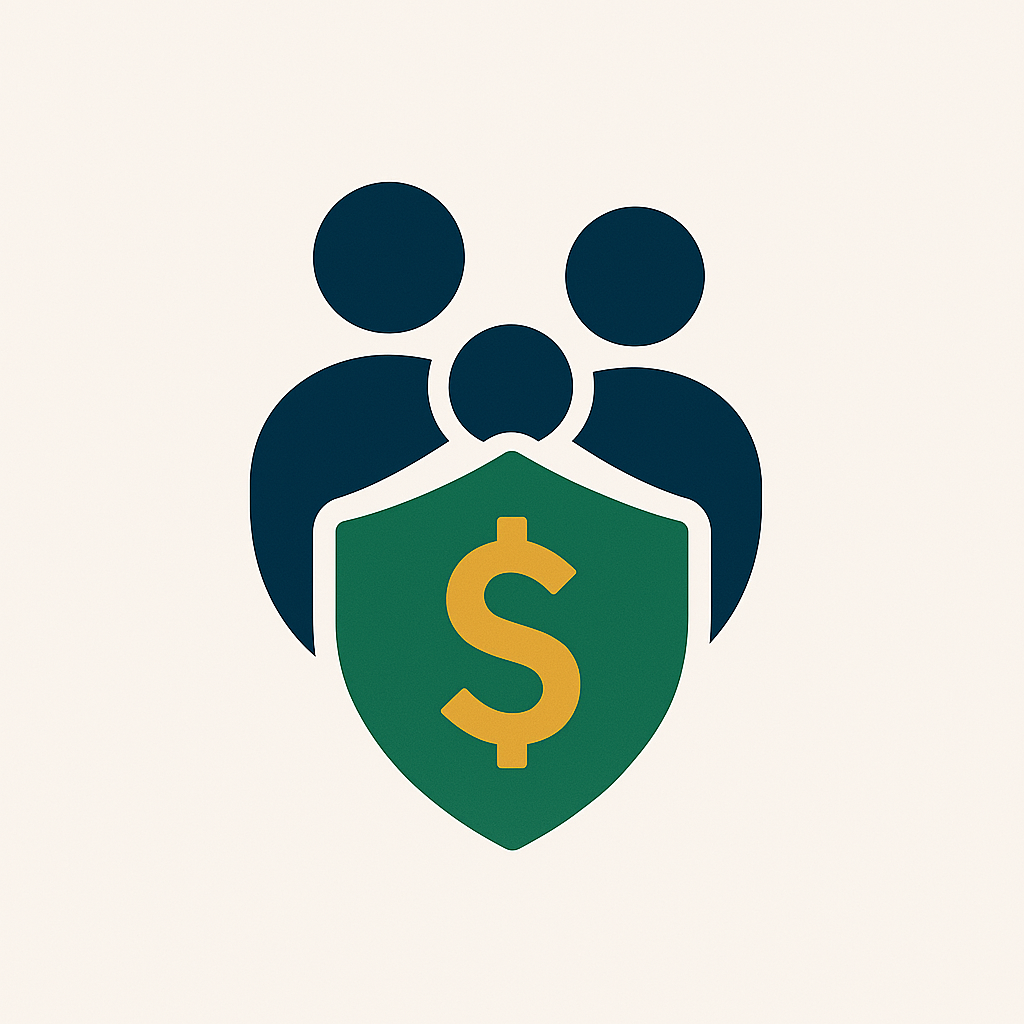7 Financial Lessons That Transformed My Finances
Financial freedom is a state of being where your income exceeds your expenses, giving you the freedom to pursue your passions and goals without being constrained by financial limitations.
In the rapidly changing world of finance, staying ahead of the curve can be a daunting task. However, there are several financial lessons that can help you transform your finances and achieve financial freedom.
1. Save Early and Often
One of the most important financial lessons is to save early and often. Even a small amount saved regularly can add up over time and make a significant difference in your financial security.
When you save, make a conscious effort to set aside a fixed amount each month, even if it’s just a few dollars. This will help you build a habit of saving and avoid the temptation to spend it.
2. Invest Wisely
Once you’ve saved up some money, it’s time to start investing. There are many different investment options to choose from, including stocks, bonds, mutual funds, and real estate.
Do your research and invest in assets that align with your risk tolerance and financial goals. Remember that diversification is key to managing risk and protecting your capital.
3. Pay Off Debt Quickly
High-interest debt can quickly snowball out of control, leading to financial difficulties and even bankruptcy. If you have credit card debt or other high-interest loans, make a concerted effort to pay them off as quickly as possible.
Consider debt consolidation or balance transfer to lower your interest rates and simplify your repayment process.
4. Control Your Spending
One of the biggest financial mistakes people make is overspending. Make a list of your monthly expenses and track your spending to identify areas where you can cut back.
Set spending limits for specific categories, such as dining out, entertainment, and shopping. Use cash instead of credit cards to avoid the temptation to spend impulsively.
5. Increase Your Income
Look for opportunities to earn additional income through a part-time job, freelance work, or side hustles. Even small increases in income can make a big difference in your financial situation.
6. Get a Good Education
In today’s highly competitive job market, a college degree or vocational training can equip you with the skills and knowledge you need to earn a higher salary.
Investing in your education is an investment in your future financial security.
7. Seek Professional Advice
If you’re struggling with your finances or have specific financial goals, consider seeking professional financial advice from a qualified financial advisor or counselor.
A financial advisor can provide personalized guidance and help you create a customized plan to achieve your financial goals.
Conclusion
Financial freedom is a journey that requires discipline, patience, and a long-term perspective. By following these financial lessons, you can take control of your finances and work towards achieving financial freedom. Remember that financial health is an ongoing process, and it’s essential to stay informed about changes in the financial landscape and make necessary adjustments to your plan as needed.

Leave a Reply